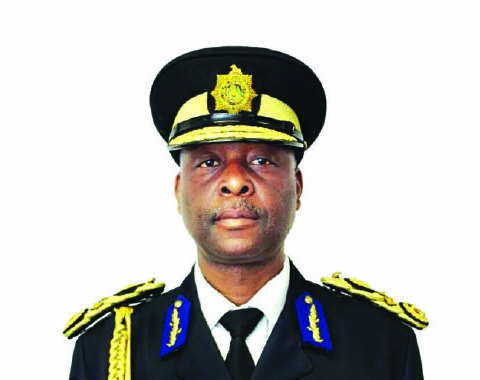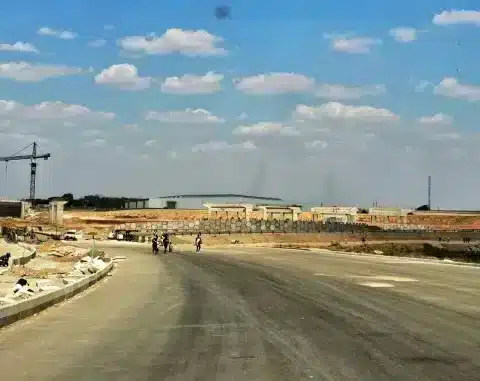President Robert Mugabe received a rare round of applause from all legislators during the State Opening of Parliament yesterday after he sharply rebuked ministers for their frequent absence from Parliament sessions.
This comes as it has become a trait of the Fourth Parliament that rogue ministers dodge accountability by absenting themselves when they know they will be faced with tough questions.
This comes amid opposition complaints that ministers were contemptuously bunking Parliament without a valid excuse, both from sessions and from the gatherings of parliamentary committees which the lawmakers are members of.
The list of legitimate reasons for failing to attend includes standard ones such as holiday, illness or death of relatives, and more specific ones such as carrying out party business, attending the politburo, and various insurmountable circumstances, such as delayed flights, traffic jams and home emergencies.
Mugabe, who opened the main ceremonial event of the 5th session of the 8th Parliament by proceeding from State House to the House in a royal carriage, said ministers must be serious with Parliament business.
Overjoyed opposition legislators shouted the names of Vice President Phelekezela Mphoko and Foreign Affairs minister Simbarashe Mumbengegwi as the chief culprits in bunking, with Mugabe responding by halting his speech, apparently to pay attention to calls by the MPs.
“Those who do not take the business of this house serious have no impeccable parliamentary conduct but we expect robust debate and well-informed debate from all members who should always be present, punctual, disciplined, and professional and of impeccable parliamentary conduct,” he said, adding that “much more is even expected from Cabinet ministers who should lead by example.”
Zanu-PF chief whip Lovemore Matuke told the Daily News: “We have always complained about bunking ministers and it looked like no action would be taken, but now we are happy that the president has noted that in his speech and we hope that a solution will be found soon to make sure that Parliament business is not disrupted unnecessarily.”
MDC MP for Zengeza West Simon Chidhakwa said: “You will not see the robust debate that he is talking about because they are always busy at the politburo dealing with their succession issues.
“It is therefore surprising that Mugabe talks about respect for parliamentary business when it is a fact that when the ministers don’t come to the National Assembly, he will be with them in the politburo but he never bothers to release them for the House.”
Commenting on Mugabe’s speech, MDC chief whip Innocent Gonese said “there is really nothing new from the speech as it leaves out the fundamentals.”
“Nothing has been said about the things that matter to the ordinary people especially service delivery, the electoral environment and other issues, but we are not surprised because he is not in touch with the reality on the ground as he is always away,” Gonese said.
Opposition MPs have said it is important to purge all shirkers and loafers from the parliamentary halls and set an example for everyone by preferring contempt of Parliament charges to restrain ministers from bunking.
Privileges, Immunities and Powers of Parliament Act give the legislature power to impose not only fines for contempt of Parliament, but also imprisonment for up to two years in default of payment of the fines.
In the National Assembly, Wednesdays are devoted to questions for ministers to answer; while the Senate holds its question time on Thursdays. On the set days, there is a session for questions with notice and another for questions without notice.
In the questions without notice session, MPs have the opportunity to pose impromptu questions to Cabinet ministers on issues affecting the nation with each question directed at a particular minister depending on their portfolio.
In the questions with notice session, written questions are forwarded to the ministers prior to the sitting and they are read in the august House for responses.
Yet, in a worrying trend, some Cabinet ministers have decided to leave the entire job to their deputies who have a difficult time when hit by a barrage of questions from the legislators.







